The holiday season is a time of great cheer, celebration, family and enjoyment for all. They’re also a time of stress, a time of instability, and a time of susceptibility. If you live in a colder area, weather conditions make for easier illnesses. If you travel, you open yourself up to foreign germs. What you resist in Maine isn’t what you find in Florida, after all. Even if you don’t travel, friends and family gather, and they carry with them plenty of ailments of their own.
Thankfully, there’s a lot you can do to avoid catching any of the various ailments and plagues floating around during the holidays. By taking care of yourself and your surroundings – and maybe instilling a few good habits into your friends and family – you can stay healthy all through the winter.
Wash Your Hands
Common advice to avoiding illness is to wash your hands, and it’s common for a good reason; it works. The reason why it works might surprise you, however. Think about how illnesses spread; through weak points in the body. Your skin is not a weak point. Mucous membranes like the inside of your nose and mouth or around your eyes are.
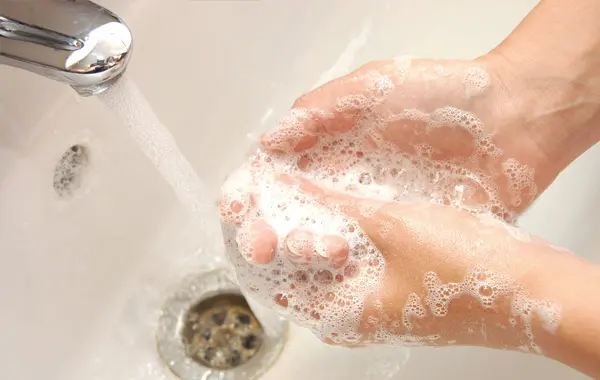
Your hands are not a weak point or an entry point for infection; they are a vector. When you touch dirty surfaces or cough into your hands, they get coated in germs. Alone, they don’t do anything to you. It’s when you rub your eyes, touch something you put in your mouth, or blow your nose that you spread those germs to your face, where they can attack the more susceptible weak points.
Why don’t we tell everyone not to touch their face, then? Well, here’s a challenge. Try to go a day without touching your own face. It’s difficult! I applaud anyone with the willpower to succeed. Rather than try to get people to do the nearly impossible, it’s better to tell them to do something more habitually easy, and works as the next best thing.
Besides, you use your hands for everything. If they’re covered in germs, everything you touch in turn ends up covered. Even if you can avoid touching your face, washing your hands helps you avoid infecting those around you as well.
Stay Hydrated
Your body needs water to live, to function, and to thrive. It’s required to regulate body temperature, it’s important for healthy joints, it helps protect the spine, and much more.
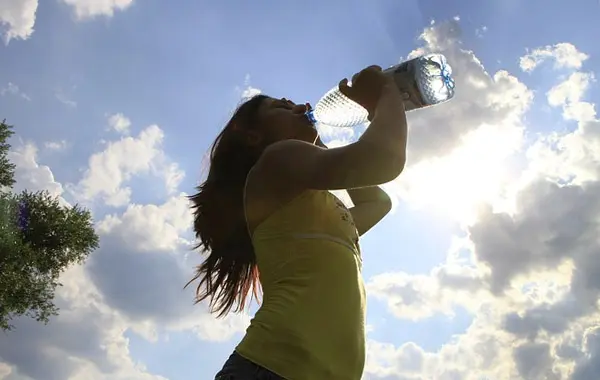
It’s a common fact that most people don’t drink enough water, but how much should you really be drinking? It’s not enough to just tell you to drink more.
Unfortunately, it’s hard to say exactly how much you need every day. If you drink other fluids, like juice or milk, you don’t need quite as much water. If you drink sodas, it’s a good idea to try to replace some of them with water. If it’s hot or dry, you will need more. The common advice of eight 8-ounce glassed of water per day is generally a good goal, at least. That’s about two liters.
Use a Humidifier (Or Alternative)
Now let’s combine the two previous tips. Winter tends to be a dry time throughout North America. Sure, there’s snow outside, but if it’s cold enough the moisture is on the ground, not in the air. Plus, furnaces inside leave the air hot and dry. Low humidity wicks moisture out of you, leaving your body dry. In particular, the mucous membranes inside the nose and throat dry out, which makes them easier for viruses and bacteria to attack.
There are a few ways to revitalize these membranes. One of them is to drink more water, but that alone isn’t likely to be enough. You can also add humidity back into the air by using a humidifier.
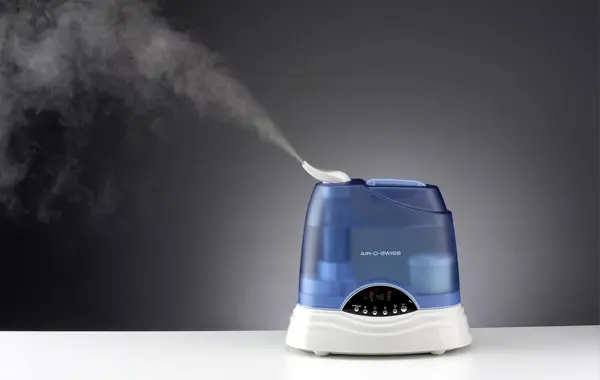
If that bugs you – and humidifiers do have their drawbacks – you can use a more personal solution, like a saline nasal spray, or even a mask. Masks and scarves trap moisture when you breathe out, letting it stay in your respiratory system rather than dissipate in the atmosphere.
Get a Flu Shot
There has been a lot of controversy surrounding the flu vaccine recently, but a lot of it tends to come from misinformation and misinterpretation. The fact is, the flu vaccine is not 100% effective, but it’s the best medical science has come up with so far, and the side effects of getting it are minor compared to the benefits.
It’s always a good idea to get your flu shot, but you should make sure you’re getting it from somewhere reputable. If you don’t trust the local Walgreens/CVS, you can use the American Lung Association’s flu vaccine finder to locate who else in your area will distribute it.
Keep Surfaces Clean
Germs linger on surfaces. That’s why there are so many cleaning products that claim to remove 99.9% of germs on use. If you touch a doorknob a few times, then wash your hands, then touch the knob again, you’re just picking up the germs you dropped off and giving them a nice clean surface to infect again.
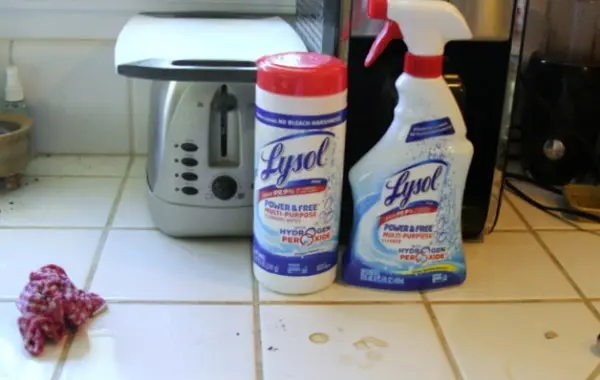
Combine this with the various sources of germs that exist. Other people touch many public surfaces. People cough or breathe when they’re sick, or even just carrying an illness, and those germs will find their way to surfaces. Then consider kitchen counters; you prepare food on them, and food can carry all sorts of germs. Raw meats are especially tricky for this sort of thing.
What happens during the holidays? A lot of people from all over, with different germs that not everyone has a resistance to already, are gathering and using common surfaces, while large meals are prepared, often involving raw meats.
The moral of the story here is to clean and keep clean your common surfaces. I’m not saying you need to deep clean your entire house every day, but it certainly doesn’t hurt to regularly wipe down countertops, doorknobs, and other common surfaces with disinfectant wipes.
Eat Healthy Food
Proper nutrition is just as important for good health as hydration. You need the vitamins, minerals, proteins and carbs, essential oils and all the rest in a balance. Too much or too little of any one thing will lead to imbalances, and imbalances lead to illnesses. Your body needs energy to fight back against disease, and I’m not talking about the kind of energy you get from sugar and caffeine.
Now, I’m not here to advocate for or against any one specific diet. There are a lot of different methods out there, from Atkins to Paleo to Veganism and everything in between. They all work for somebody, but not for everybody. The keys tend to lie in balance, moderation, and discipline. Vegans still need protein, and they find protein sources. It’s no different for any other diet plan.

I understand that the holidays tend to be a time of excess, and that’s fine. You just need to strive to make them a time of balance as well. Don’t just stuff your face with turkey; have some greens as well. Don’t drink all the egg nog without drinking some water. Don’t skip the meats without having some protein-rich grains or veggies.
Take Vitamins and Supplements
During the holidays and during the winter, we tend to lose access to some forms of vitamins and minerals throughout our daily lives. It’s harder to get fresh fruits and veggies, you get less sunlight, and more.
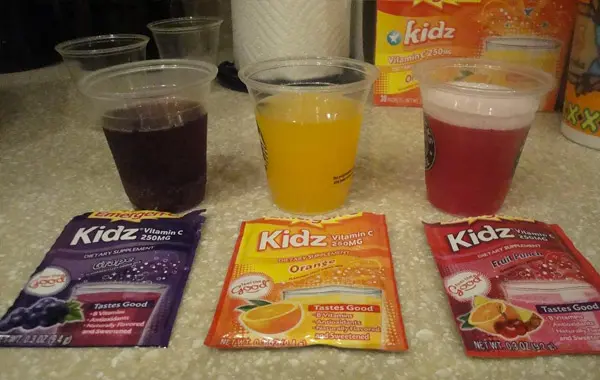
It’s generally a good idea to take some kind of vitamin or supplement regularly throughout the winter.
• Vitamin C: While not quite the miracle anti-cold cure it has been lauded to be, vitamin C is still good for the body and the immune system. Besides, if you don’t have it, you get scurvy, and no one wants scurvy.
• Echinacea: This is another of the most common suggestions for fighting colds, but there’s little scientific evidence to support it. Most studies have shown that it can help shorten the duration of colds, but taking it regularly doesn’t necessarily help prevent them.
• Vitamin D: Common wisdom says that the shorter winter days and the time spent inside lead to D deficiencies, so a D supplement isn’t a bad idea. Keep in mind that you can get some from other sources, like salmon or fortified milk.
There’s not a lot of evidence to suggest that a multivitamin is the best solution, by the way. If you’re deficient in a number of vitamins and minerals, a multivitamin can be a good idea. However, if you’re only low in one or two, a full-range vitamin isn’t necessary. You’ll be feeding yourself more of some vitamins than your body can handle, and occasionally that can be harmful.
Get Enough Rest
With a thousand and one things going on all at the same time, in the span of a few short months, it’s easy to forget to take a break some times. The trouble is, a lack of sleep – or a lack of sound, restful sleep – opens you up to more infection. Sleep is a time for your body to heal and fight off infections without spending energy on other things, like keeping you moving and thinking.

Sleep and rest are stress relief, and stress further dampens your ability to resist disease. It’s always a good idea to get plenty of rest, preferably eight hours a night. Avoid browsing electronics too close to bed time, and make sure to dedicate your bedroom time to sleep. Sitting up and reading or playing with a phone conditions you to not sleep right away, which cuts into your restful hours.
Stay Active
This is in a sense the opposite problem. For many, the holidays means vacations, travel, and leisure. It’s a time to get off your feet, kick back and relax.

The problem with this is that a sedentary lifestyle causes all sorts of issues. One holiday season of leisure isn’t likely going to turn you into a couch potato, but being too inactive can be harmful.
Activity helps to keep your circulation going, and increased blood flow is very helpful to fighting off illness. Activity also stimulates the production and activity of NK cells, part of the immune system that fights off illnesses. Moderate physical activity is best for these, as too much exercise – too much stress – can have the opposite effect. As with everything in life, from diet to vitamins to exercise, keep it in balance.
Use the Elbow (Friends Too!)
We’ve already talked about how the hands are a vector for germs. You pick them up when you touch unsanitary surfaces, and you lay them down when you touch anything else. It’s a problem when you touch your face, but it’s also a problem when you cough or sneeze into your hands. Wiping them off isn’t enough, and while washing them works, it’s hard to be in a position to wash your hands every time you cough.
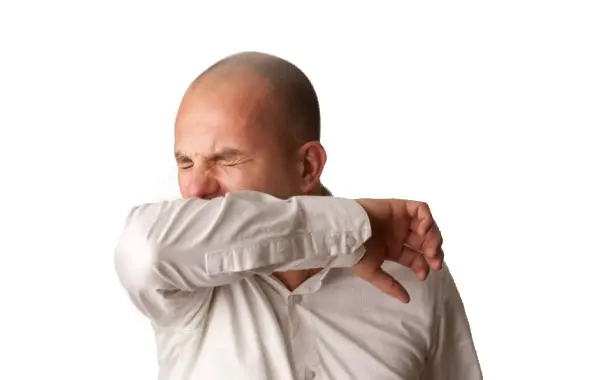
No, the most sanitary and convenient solution is to use the elbow. When you sneeze, sneeze into your elbow instead of on your hands. You don’t typically use the inside of your elbow to manipulate doors or touch surfaces, so you’re restricting the spread of germs. You’re also enclosing your cough or sneeze, to minimize how many germs spew out into the atmosphere.
While establishing the habit for yourself is a good idea, it’s also a good idea to try to get your friends and family to do it too. The less they spread their germs around, the less likely everyone around them is to catch something. It’s a mixture between a new habit and a common courtesy, and it’s very effective.
Avoid Germ Hotspots
Germ hotspots are areas where sick people tend to congregate. The pharmacy section at your local grocery store, free clinics, hospitals and other such locations are all packed full of exotic and potentially detrimental germs you can catch and carry with you. Schools are another, and while it’s somewhat unavoidable for some people, try to limit how often you go and how long you spend.
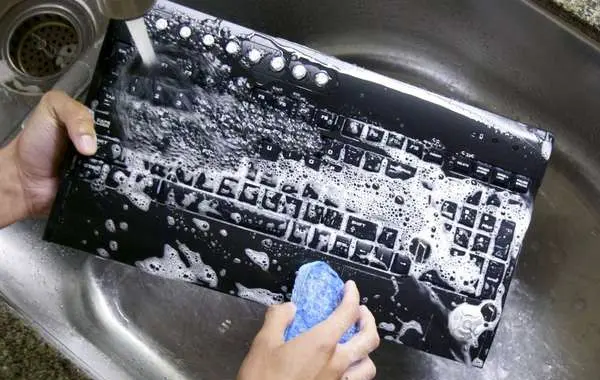
If and when you do have to visit a hotspot, take proper precautions. Bring sanitary wipes or soap and wash your hands frequently. Hand sanitizer is an option, but it only works when your hands are already relatively clean, and it doesn’t kill all germs. The active ingredient is simply alcohol, and the hand sanitizer you use needs to be at least 60% alcohol to be effective.
A Word of Caution About Antibiotics
Antibiotics are prescription medications meant to fight off bacteria. Colds and flus, the kinds of illnesses most people tend to get during the holidays, are not bacteria; they are viruses. Antibiotics won’t work on them.
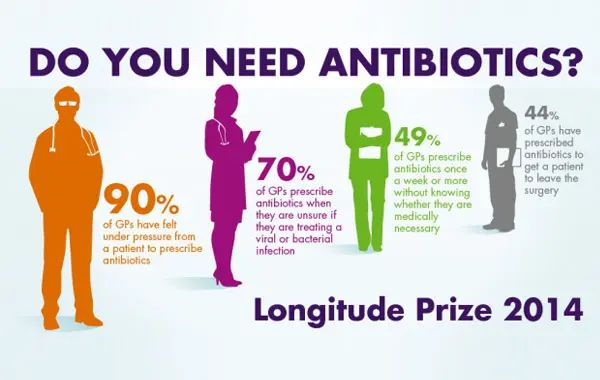
Worse, misuse of antibiotics can make you and everyone else at risk. Antibiotics work by killing off bacteria that are susceptible to the medication, while your body fights off the resistant strains. If you don’t take the full course of an antibiotic when you’re prescribe it, you’re leaving both resistant and susceptible bacteria in your system. This can overwhelm your immune system, and it can also create more resistant bacteria as the existing bacteria breeds.
With enough misuse of an antibiotic, the majority of the bacteria it affects will become resistant around the world. This makes the drug more or less worthless, and it makes the disease that much harder to treat. And if you think this is a scare tactic or a far-future thing, think again; it’s already happened, a lot, and has made a lot of common antibiotics virtually worthless.
If You Get Sick
If you do end up catching something and getting sick, don’t worry too much about the zinc or vitamin C treatments. They might help, they might not, but they’re minor in comparison to taking care of yourself.
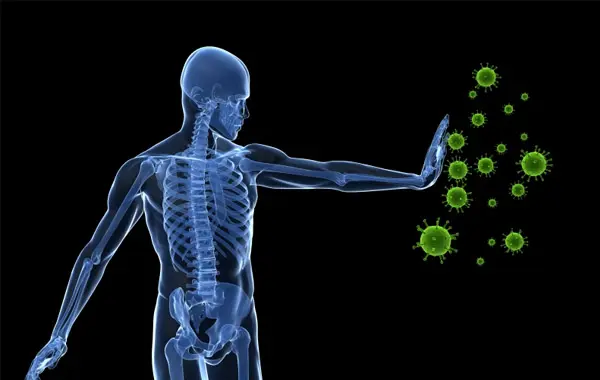
One thing you should do when sick is isolate yourself. You don’t need to go full-on plastic bubble, but you should at least try to stay away from company or out of home events. It’s awful to miss celebrations, but it’s also awful to have all of your friends and family catch a bug because you had to attend.
Make sure to drink plenty of fluids while sick, especially water. Dehydration makes it harder for your body to fight off an infection, and if you can’t manage to keep water down, you may be very ill. Contact a doctor if that happens.
While you’re at it, make sure to avoid re-using tissues or handkerchiefs. All you’re doing is reintroducing more germs into your system after you expelled them. Dispose of used tissues, and it can’t hurt to take out the trash while you’re at it.
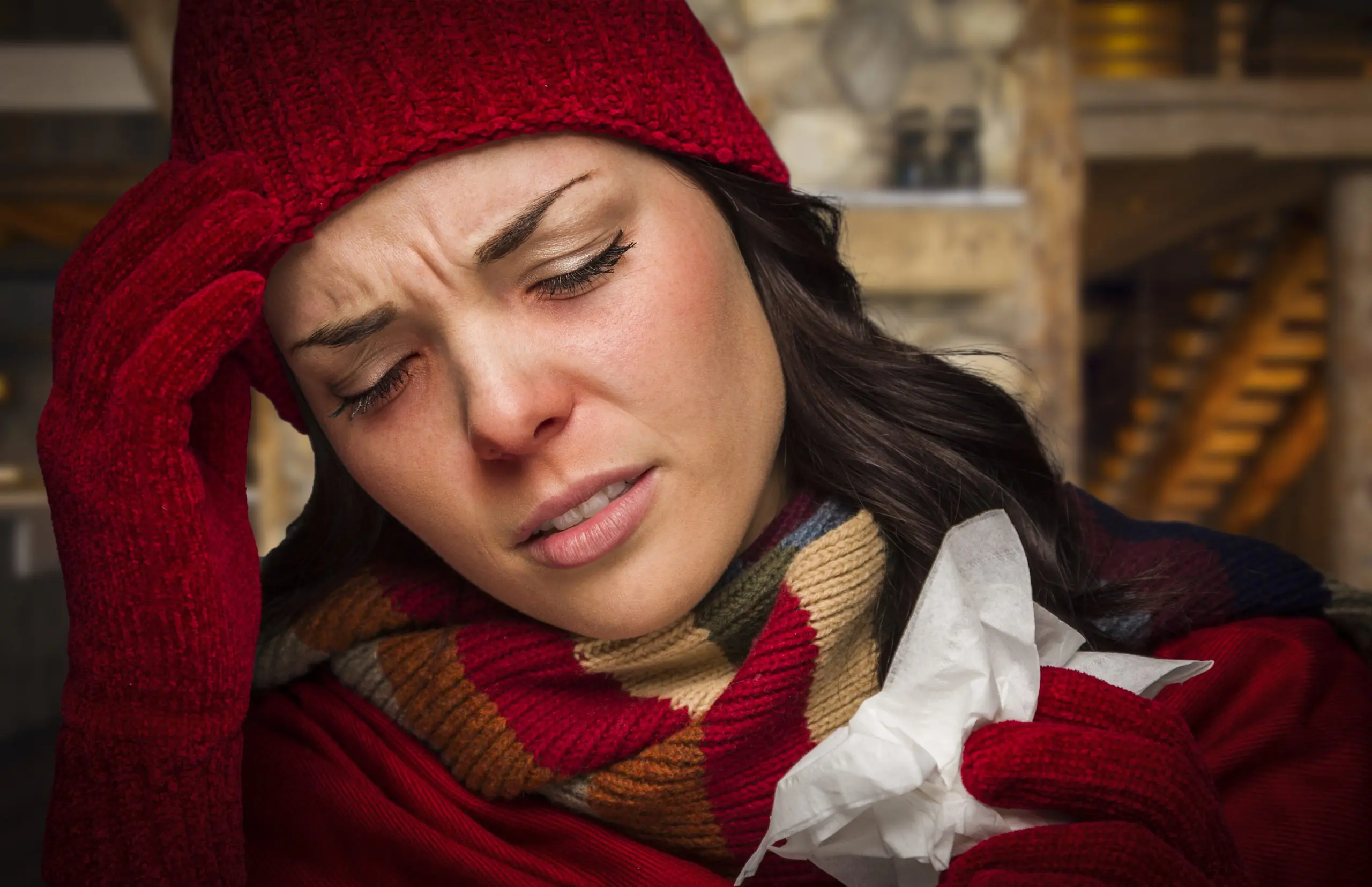

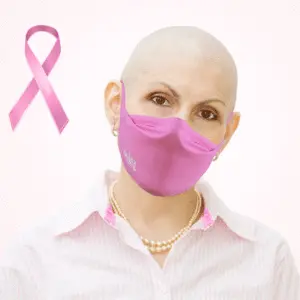
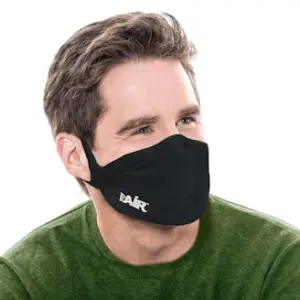
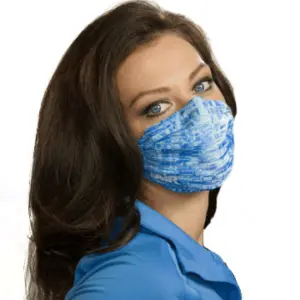

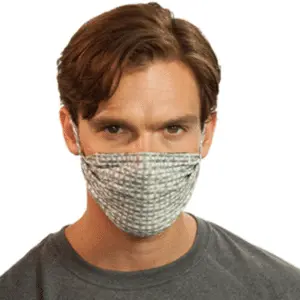
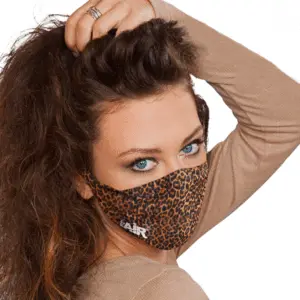

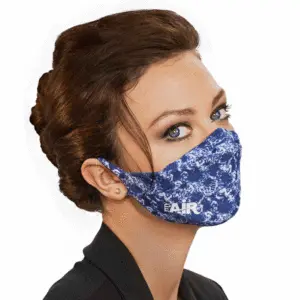
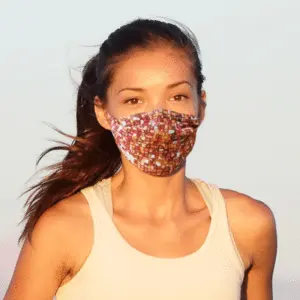
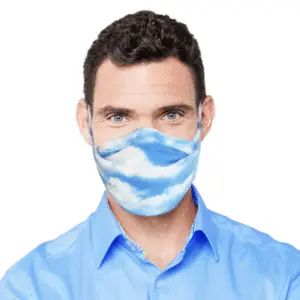
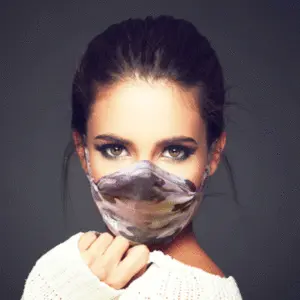
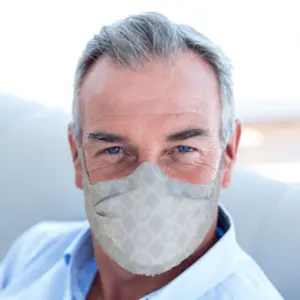
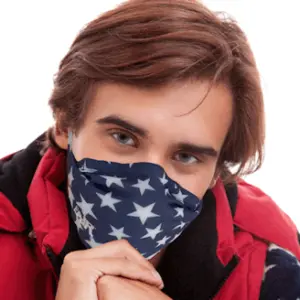
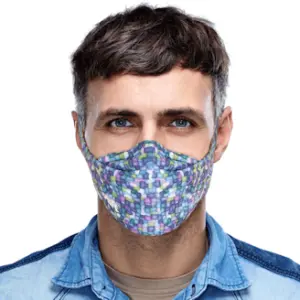

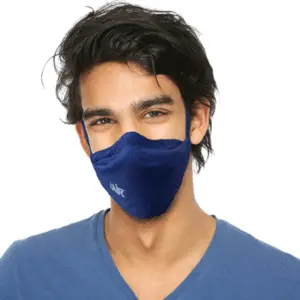
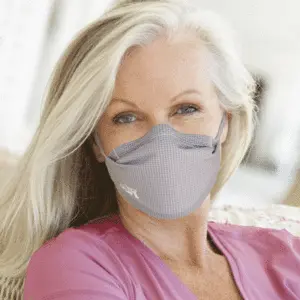
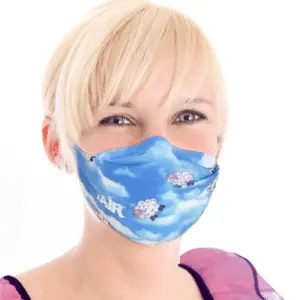
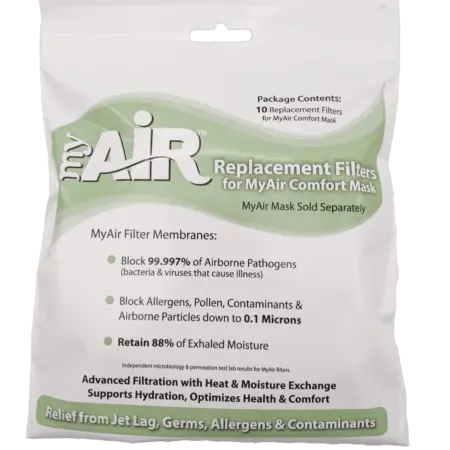
0 Comments